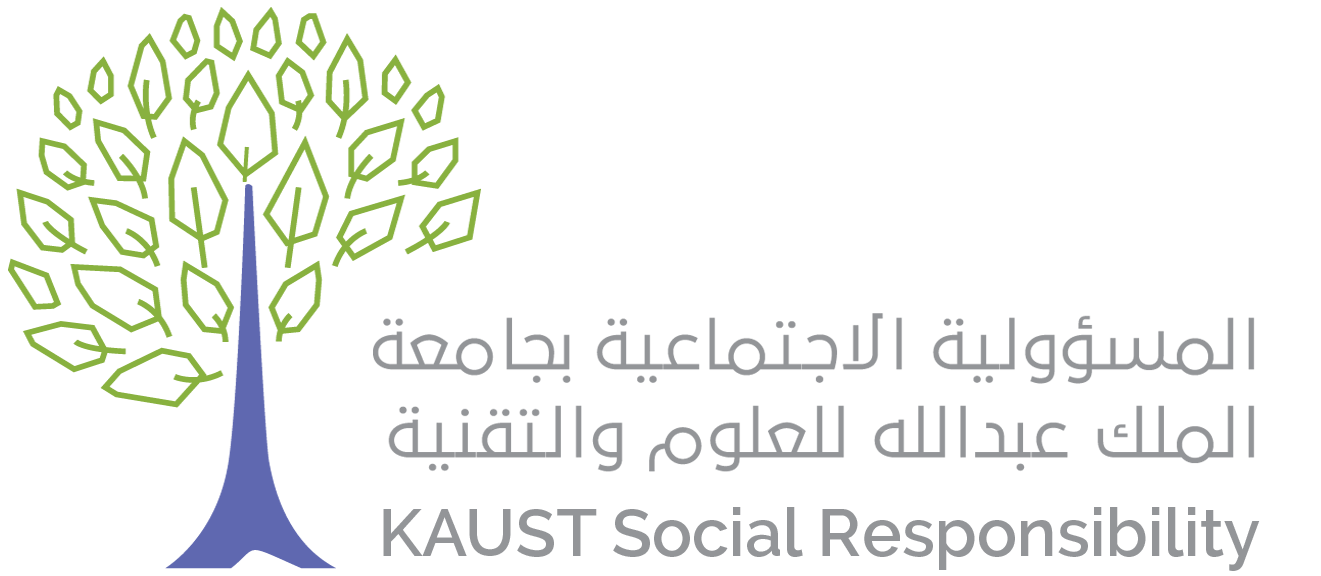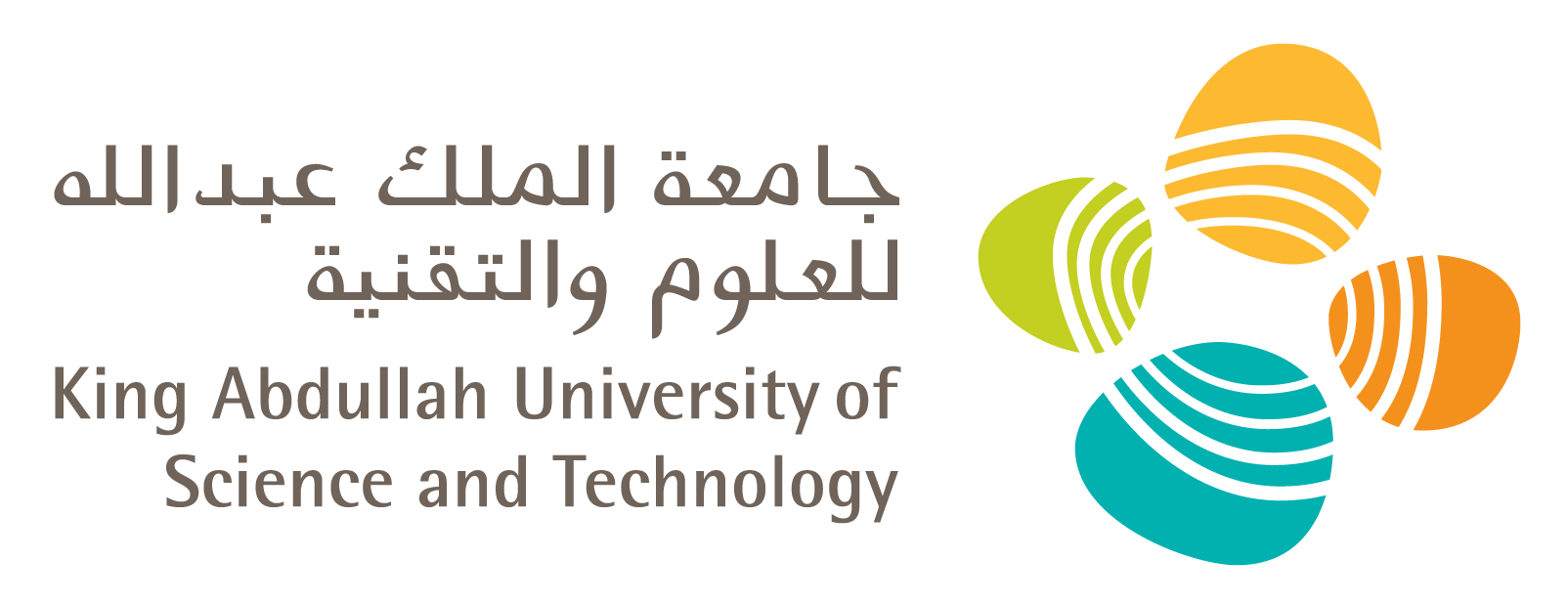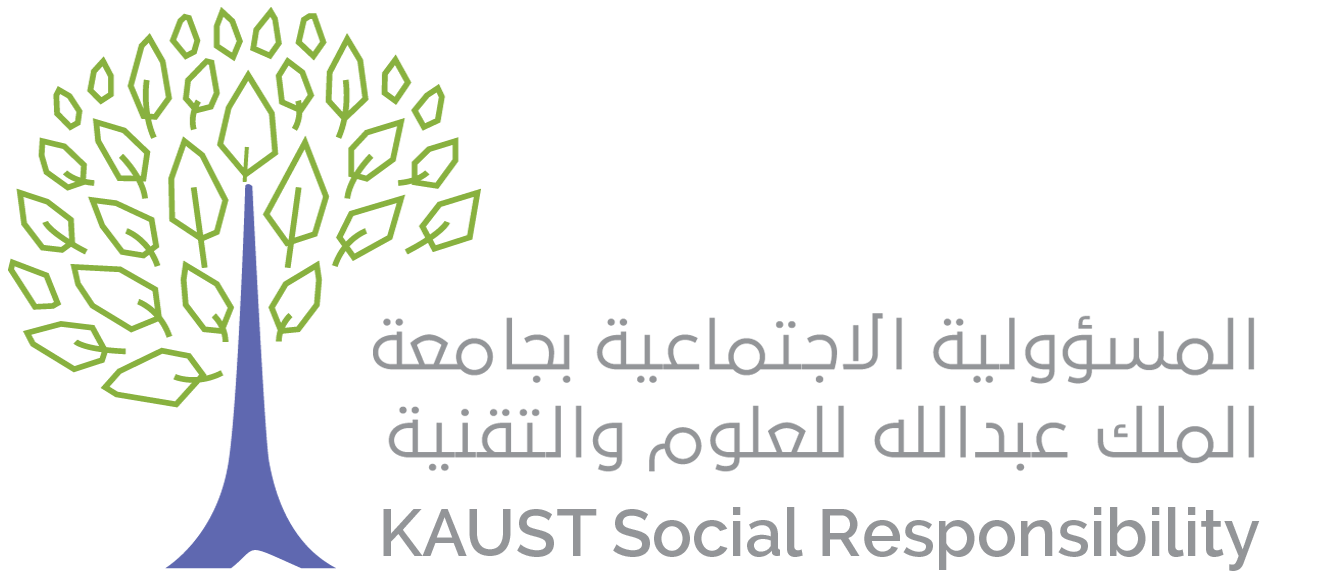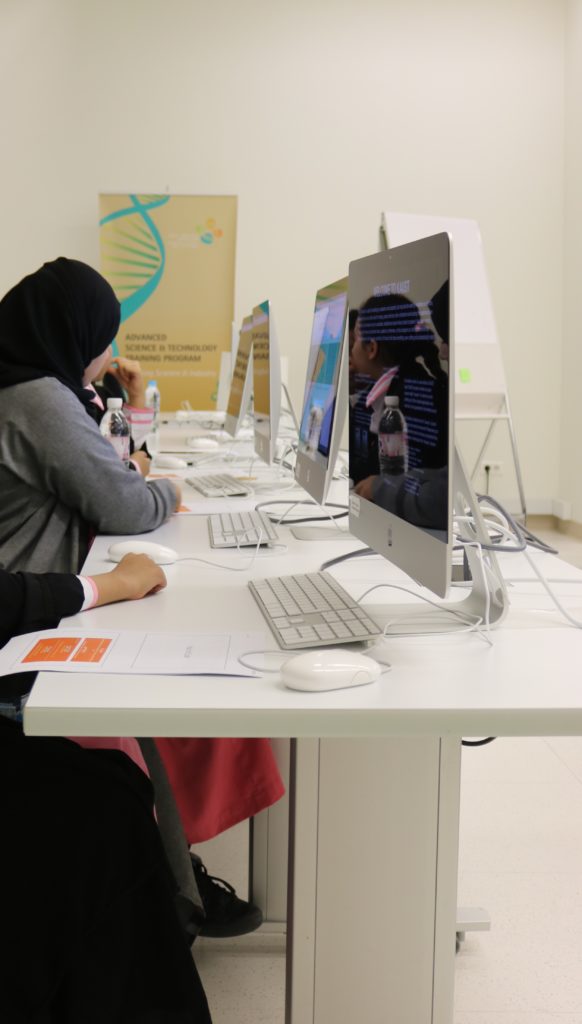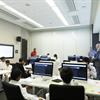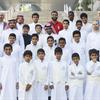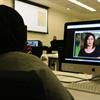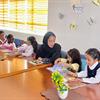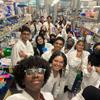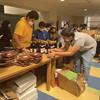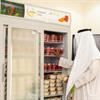Thuwal students and teachers from Grades 6-9 visited KAUST on Wednesday 7 February for a program of computer-oriented activities. Social Responsibility co-ordinated the visit with student and staff volunteers from the Computer Science Department. The first activity for the two groups, 20 female students and 21 male students, was a practical computer coding lesson. Inspired by the global education event ‘Hour of Code’, the session introduced the students and their accompanying teachers to simple coding, with each using a Mac to work through an online tutorial that enabled them to write code to move a computer game character around the screen. This small exercise in learning the basic building blocks of computer science is designed to show that anybody can learn the basics, while utilizing skills for problem-solving, logic and imagination. With the teachers enjoying it as much as the students, it also demonstrated that computer science can be fun, creative and accessible to all ages.
After the coding workshops, the students watched two short films regarding KAUST’s supercomputers, Shaheen I and II and then toured the Shaheen Supercomputing Center.
The visit was only possible due to the enthusiastic support of the student and staff volunteers from the Computer Science department. Thank you to the twelve volunteers that worked with the students, including the lead volunteers Amani Abnazi in the girls’ coding class, Michal Mankowski in the boys’ class and to Bilal Hadri for leading the tour in the Supercomputing Laboratory.
Amal Alzanbaqi, Principal of Thuwal Intermediate School for Girls tweeted: “Thank you for the wonderful program today, which the students and teachers enjoyed very much.”
Social Responsibility arranges community engagement activities throughout the year. Working in partnership with leaders, groups and individuals from Thuwal and Qadimah, as well as departments across KAUST, Social Responsibility manages a range of programs to promote wellbeing and improved outcomes by focusing on sustainable efforts in education, economic empowerment, capabilities development, and environmental awareness.
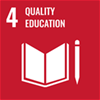
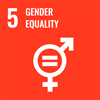
Part of the Young Learners' Development Program - read the Program Overview here.
February 7, 2018
